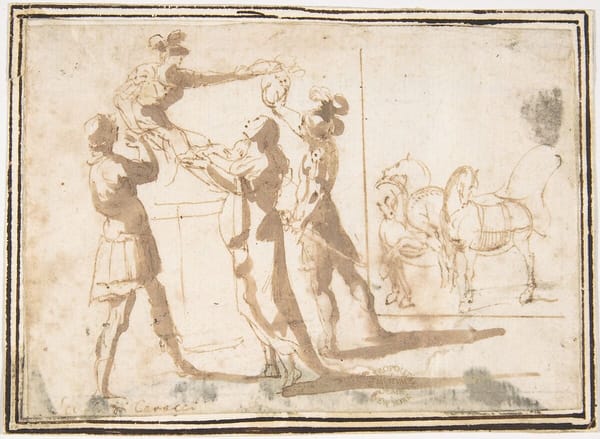
deep-life
Some Thoughts on Remarkability
you can be remarkable at different things to different numbers of people

deep-life
you can be remarkable at different things to different numbers of people

instabram
Where do you see yourself in four months?

instabram
Instabrams are back baby! Thanks to Alfred, Obsidian, Ghost, and GPT that is!

newsletter
Better Never-Better than Better-Never, I suppose!

zettelkasten
A quality Zettel is made by capturing the core idea, expanding one layer deep into the idea with text, video, audio, adding external Zettelkasten system links, and adding a summary/excerpt to distill the idea.

deep-life
Can solitude can actually be a good thing and help us tap into our creative potential?
humor
The way Cal addresses his critics here is hilarious, reminds me of how the Buddha doesn't take anger from others, forcing them to keep it and deal with it 202301090001
deep-life
But mandatory retirement came at age sixty-five . . . and so he retired. The next week he had a heart attack and died. (Location 1102) “Those who are disabled from work by age and invalidity have a well-grounded claim to care from the state,” said Otto von Bismarck, chancellor of Germany, in
deep-life
One day Alice came to a fork in the road and saw a Cheshire cat in a tree. “Which road do I take?” she asked. “Where do you want to go?” was his response. “I don’t know,” Alice answered. “Then,” said the cat, “it doesn’t matter.” (Location 1149)
deep-life
What does a the optimal day look someone focused on deep work and sharing remarkable results? This post argues that a day can be split into four categories for optimal impact of deep work and minimal risk of burnout: preparation, deep work, sharing, and input. preparation - prioritize tasks for
deep-life
Each of us has many, many maps in our head, which can be divided into two main categories: maps of the way things are, or realities, and maps of the way things should be, or values. (Location 808) The more aware we are of our basic paradigms, maps, or assumptions,
deep-life
The worst characteristic of mood possession is that it robs one of all sense of meaning. Suddenly the “out there” is dominant in one’s inner life and the inner meaning of life is lost. One is then at the mercy of the “out there” for one’s sense of